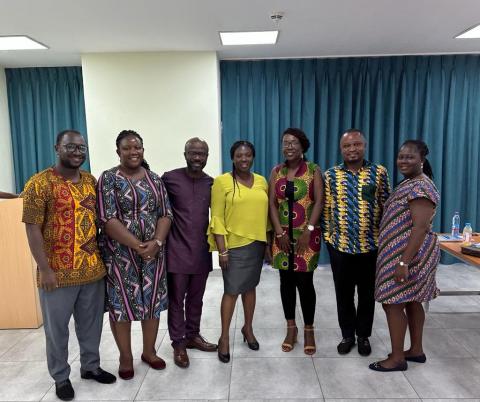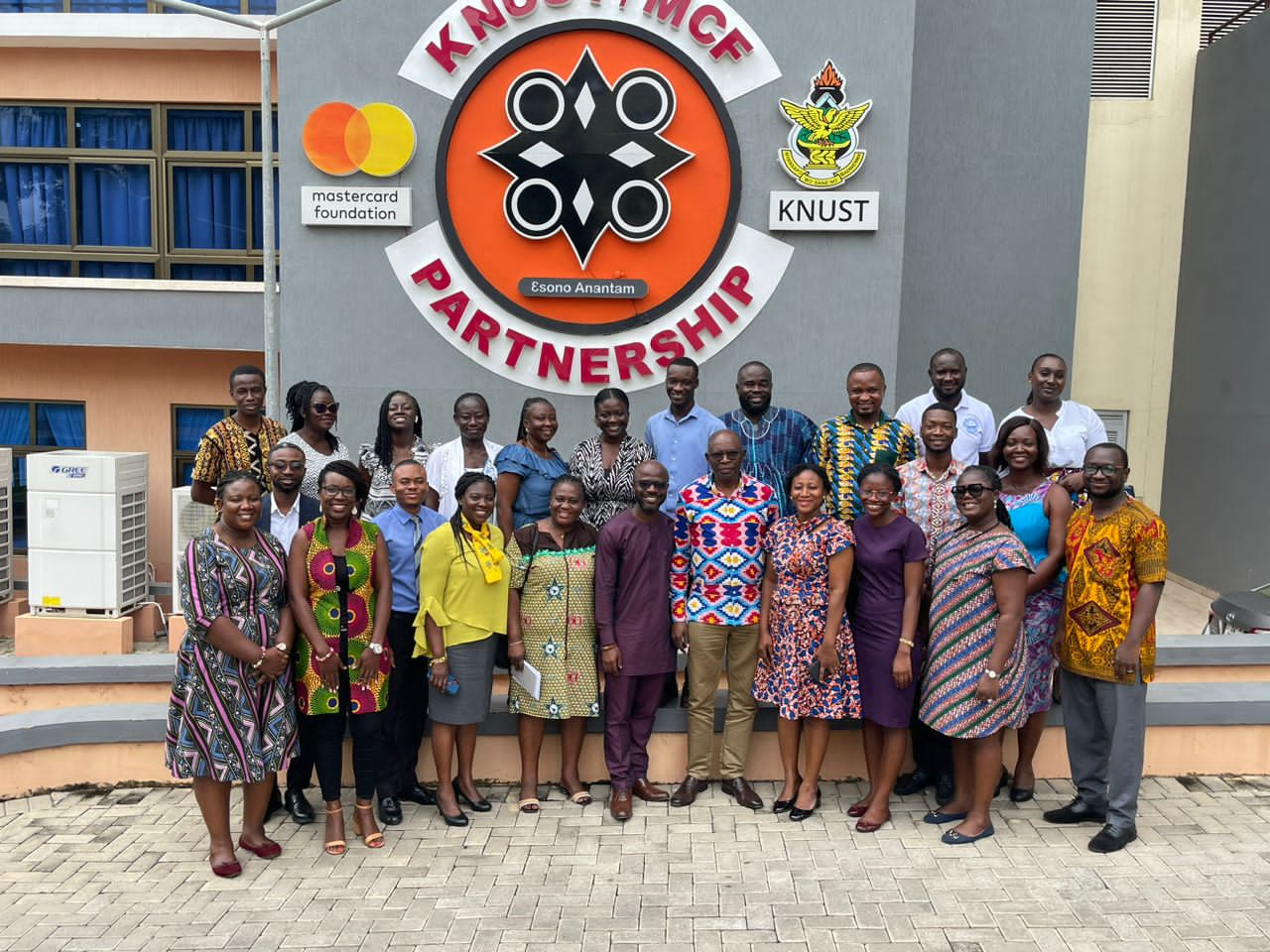Enhancing Quality of Life: Integrating HIV and Geriatric Care

There are an estimated 7 million people with HIV (PWH) aged over 50 years worldwide; 5 million of them live in sub-Saharan Africa, the epicentre of the HIV epidemic. Out of the approximately 312,000 PWH in Ghana in 2019, almost 1 in 6 are aged over 50 years. Geriatric syndromes (e.g., frailty, multimorbidity) and discrete diseases of ageing (e.g., hypertension) threaten these gains in life expectancy for ageing PWH. These threats are particularly troubling in Ghana and sub-Saharan African countries where access to geriatric care and chronic disease management is limited. Efforts underway in the region leverage HIV care systems to diagnose and manage chronic diseases of ageing. A gap in these efforts is a focus on geriatric syndromes – multi-factorial clinical conditions common in older PWH that do not fit discrete disease categories. Filling this gap, particularly in sub-Saharan Africa, is the next barrier to extending the quantity of life and preserving the quality of life for ageing PWH. To help fill this gap, our long-term goal is to provide comprehensive care for geriatric syndromes and diseases of ageing without over-treating older PWH. To achieve this, a 12-month longitudinal observational study of 151 PWH aged 50 years and above will be conducted at the Infectious Disease Unit, University Hospital, Kwame Nkrumah University of Science and Technology (KNUST) in Kumasi. The KNUST Aging and HIV Outcomes (KAHO) study aims to identify priorities and opportunities for building an effective integrated model of HIV and geriatric healthcare in Ghana. This integrated model will extend the gains in healthy life expectancy for Ghanaians and other Africans in similar settings who are ageing with HIV.
